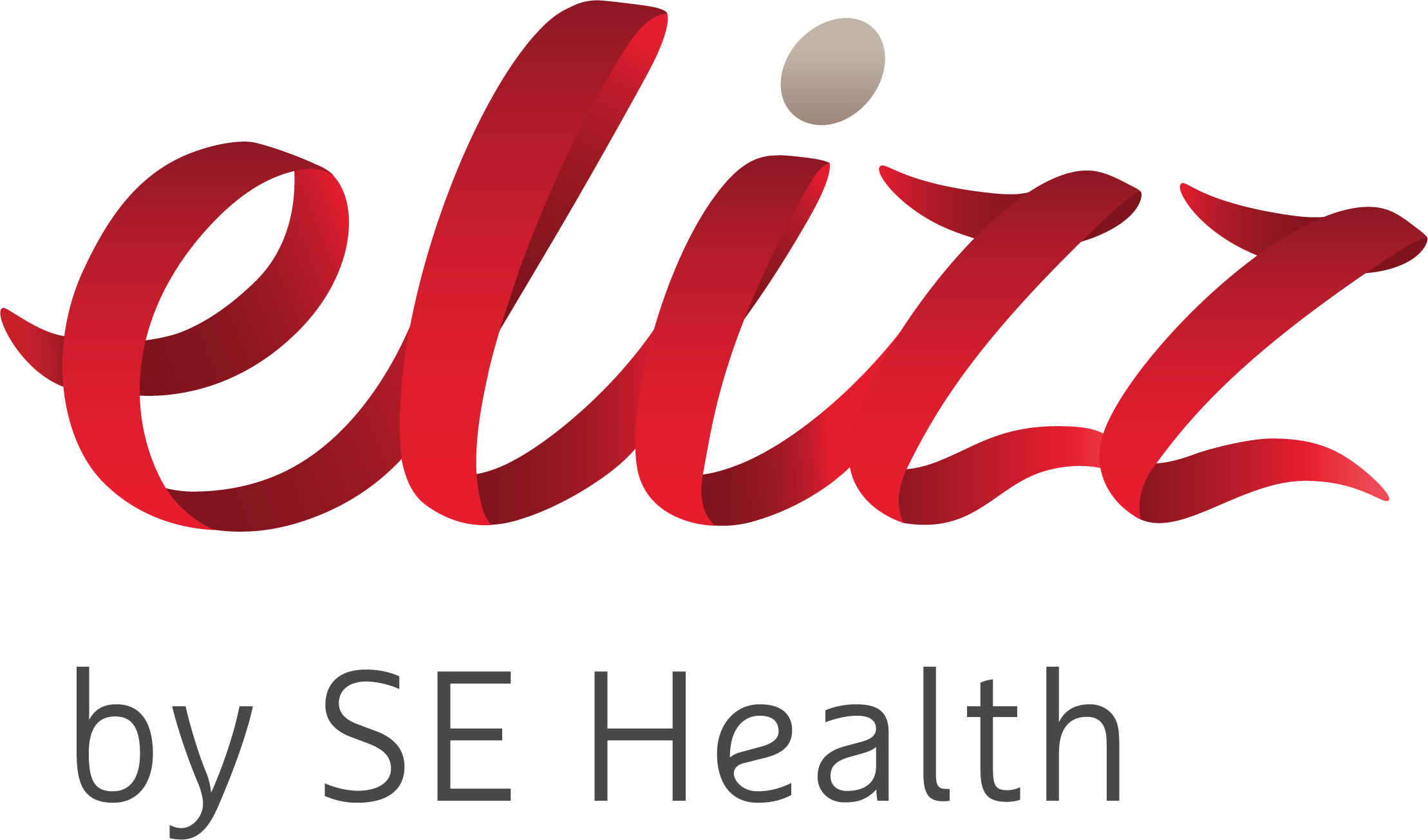Preparing for medical appointments

“Aaargh, we forgot to ask about…….”
“Drat. I really wish I had brought a list of my medications.”
“I really wish I had spoken up more. I’m not sure I understand why they want to do that procedure.”
If you answered yes, you are definitely not alone.
Patients often feel pressured, feeling like they don’t have much time with the health care provider (an accurate assessment more often than not!) For some, there is also an intimidation factor. Once the provider starts talking, they ‘forget’ what they wanted to raise. It can also be an emotional visit, with some anxiety about tests and diagnoses.
This is precisely why preparing for medical appointments is really worth the time and effort. It means that the most can be made out of the time with the health care provider. Also, many providers ask for the same medical information and history. In the event of a medical emergency[link to caregiver checklist-planning for an emergency], it will be a lot less stressful if you have easy access to all this information.
This preparation is worthwhile if your parent goes into the appointment on their own or if you attend the appointment with them.
Before the appointment
- Make a list of things that your mom or dad would like to share with the health care provider(s). For example, when did the symptoms start? What makes them worse? What makes them better? How often are they experienced? It can be helpful to record symptoms on a calendar or in a journal as they happen because it can be difficult to recall this information.
- Be prepared to share this health history many times. It would be great if you and your parents could sit down and create a record of diagnosed conditions/illnesses, surgeries, x-rays or other imaging (ultrasound, MRI, CT scan, etc.), and major health events including tests and treatments. The health care provider may request this information. Where possible, include the dates for each piece of the health history.
- A list of current medications should also be kept up to date. This list should include any prescription medication, over-the-counter medication, vitamins, supplements, and any herbal/naturopathic substances. It is also important to include any allergies or reactions the person has had to medications, medical supplies, or food.
- Don’t forget that health card!
- If necessary, any equipment such as glasses, contact lenses, hearing aids, dentures, a walker or cane, etc. should also be brought to the appointment. This is especially true if this is the reason for the appointment. For example, glasses and/or contact lenses should be brought to appointments with eye doctors such as optometrists and ophthalmologists.
- Plan to arrive at the appointment early in order to leave extra time for things like traffic, public transportation delays, limited parking, etc.
- For home visits, ensure that you have a comfortable place to meet that will provide the appropriate level of privacy with minimal distractions.
Store medical information and history in one place
Of course, you want all this information to be easily accessible.
You can do it the increasingly ‘old fashioned’ way and write it down and print it out. There are a number of free printable templates available.
Medical Apps are another way you can gather and store the information.
If your parents are ‘tech savy’, and have a smart phone or tablet, then a medical app is a good way to go. It can be updated in the health provider’s office/waiting room right after the medical visit. Of course, if they are willing, you can also have this on your phone or tablet. Unless your parents aren’t or physically capable, they should have their own access to this document or app.
Are your parents aware of the value of having medical history and medications gathered and stored in one place? If not, how about starting the conversation?









